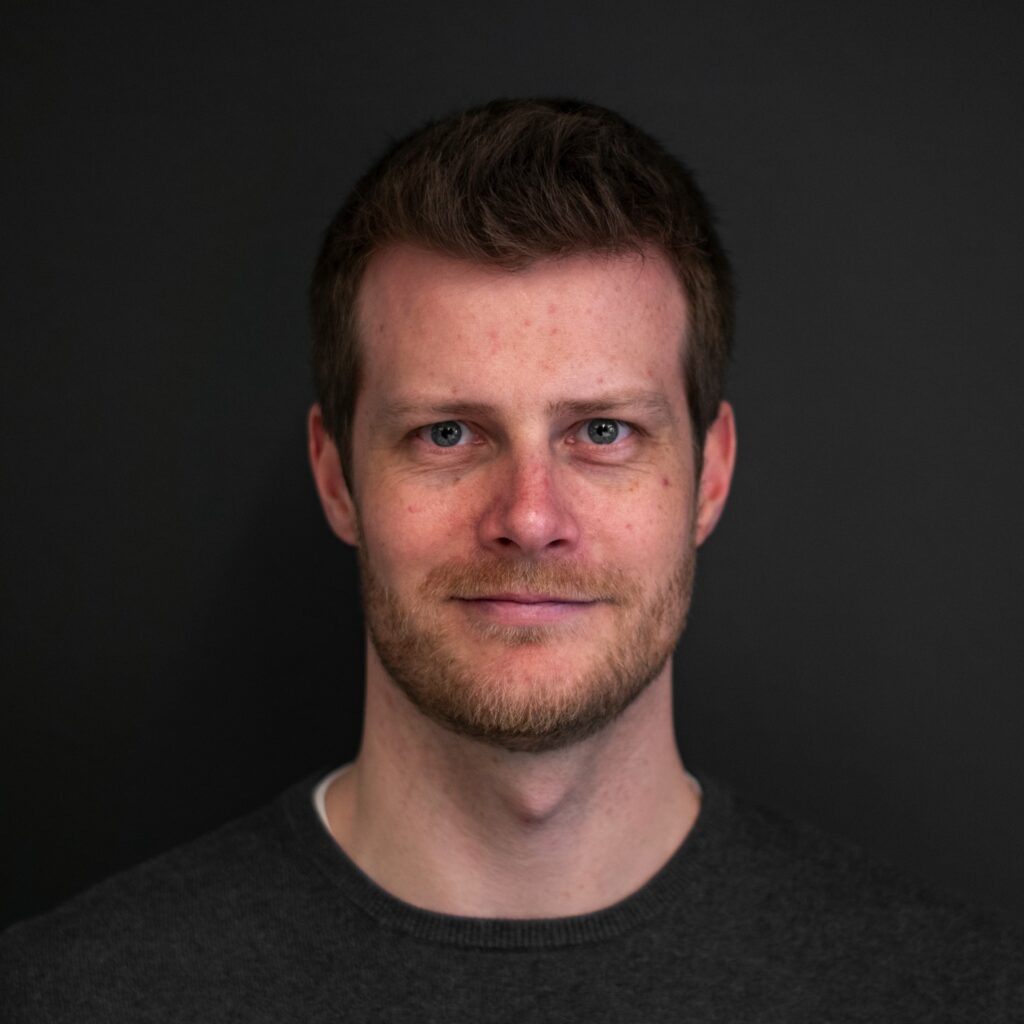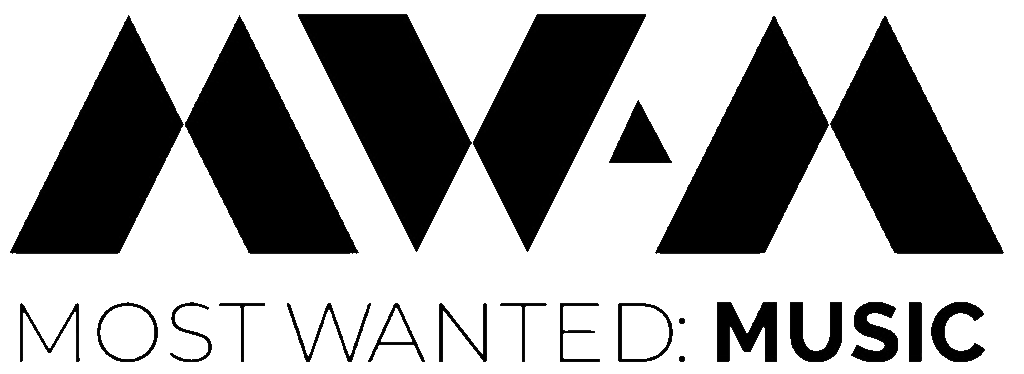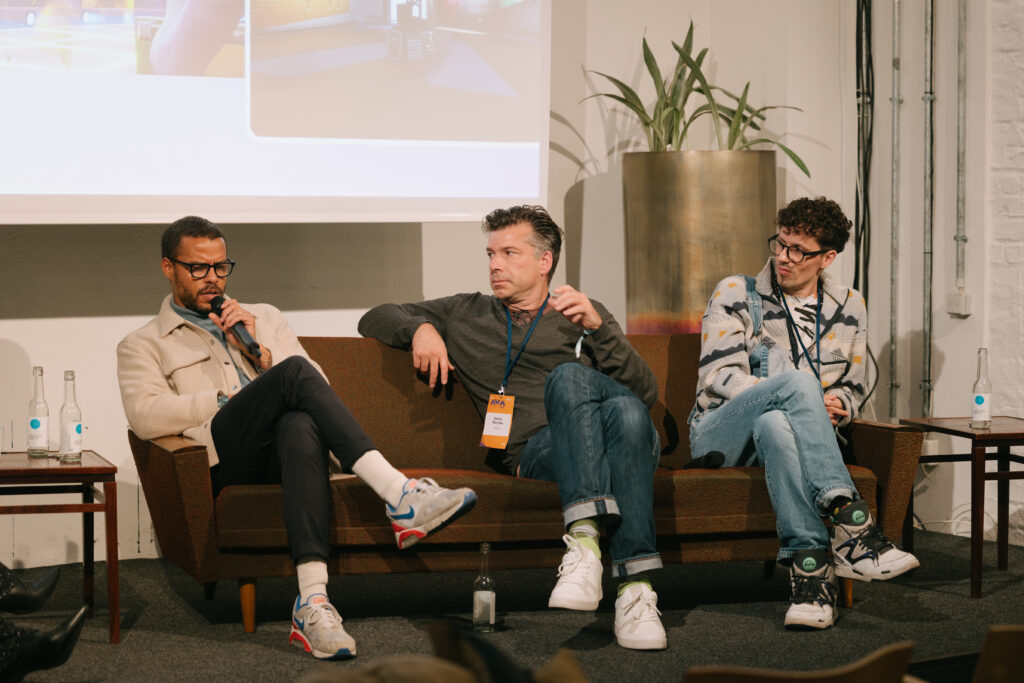This month, we’re future-gazing: we’ve asked four of Most Wanted:Music’s expert speakers how emerging technology will enable better experiences for human creatives, and where the value of real human creativity lies in an era of one-click generative AI music.
Music is pure emotion, but now machines are making music, so can tech meet our emotional needs? Will human-machine collaborations respect real creativity? And what is it that makes music human anyway – and how can tech amplify this, not diminish it?
To find out, we spoke to Rebecca Godfrey – better known as the techno artist and producer Bec, music-tech entrepreneur and advisor Agnes Chung, AI technologist Dr Janek Mayn, and sound artist, musician and researcher Cem Çakmak.
Creative agency in an era of co-pilots:
“Co-creation” between humans and AI is suggested as a big step forwards for artists and producers. Where is the line between true human work and not-human-enough work? And what do listeners want?
“I’m not scared at all about AI or co-pilots, or whichever buzzwords we’re using right now,” Bec says. For her, the line between “true human work” and “not human enough” isn’t about tools: “It’s about intention,” she notes.
“Authentic creativity stems from human experience and lived stories,” notes Agnes. “While AI can recombine existing narratives, it cannot originate cultural movements such as Hip-Hop, which emerged from specific social contexts and personal struggles.”
So what makes Bec’s work stand out as human in an era of blurred creative lines? “It’s the energy I put into it, my emotion, my vision, my story. A machine can generate infinite loops, but it can’t feel grief, joy, heartbreak, or transcendence. That’s where I step in, to shape, curate, and channel raw material into something that heals and connects.”
Cem thinks that “the core of human work is the embodied, situated decision-making that no model can replace. Listeners value music not just as arranged sounds, but as traces of lived experience and context. That’s where the human element will always remain essential.”
Janek notes that co-creation isn’t limited to making music: “creative roles like talent scouting are also being transformed. But to preserve diversity, this co-creation needs to happen in a personalized way. Only then can technology truly support humans by taking over the tasks it does better, such as processing overwhelming amounts of data.”

Bec is appreciative of AI’s powers – “it can accelerate ideas,” she says – but is confident that “it will never replace the moment I’m behind the decks at 5am, looking out at thousands of people, and knowing exactly which sound will unlock their hearts. That’s the human part. That’s the work.”
Rather than drawing lines between ‘human enough’ and ‘not human enough’, Agnes believes that we should “view AI as an expanded creative toolkit. As with any new instrument, AI enables artists to realise visions that were previously technically impossible, while human intention and cultural relevance remain the foundation of creativity.”
Access, equity and technology’s role
Technology appears to have flattened the creation and access curve: anyone can make a song, from anywhere, distribute it, and market it – using very cheap or free technology. Do you think this is a good or bad thing? Why?
Agnes believes that democratisation of music production is fundamentally positive for cultural diversity, “as it enables global voices to emerge regardless of geography or economic barriers.” However, she says that the real challenge “is not the volume of music created, but building discovery ecosystems that move beyond algorithmic echo chambers. We need intelligent curation systems that ensure this diversity is visible, valued and sustainable for both established and emerging artists.”
And technology alone doesn’t flatten the field, Cem says: “we still need to ask who gets invited, and who remains excluded.”
“Technology has always pushed music forward,” Bec says, and sees AI as simply the next instrument. “Synths, drum machines, CDJs: people once thought they would strip away the soul, but instead they became the heartbeat of entire movements.”
Listeners don’t want sterile perfection
Imagine an AI-powered version of your favourite artist teaching you to play their songs “their way”, and reacting to your mistakes; or AI platforms trained on licensed artists’ voices to create new context-specific songs in video games. What new ways do you envision, and why does this excite you?
Bec believes that the real human connection will continue to be the basis of music: “what listeners truly want isn’t sterile perfection. They want authenticity.” Even in techno, she says, which can feel mechanical, dancefloor euphoria can only be felt when there’s “human intention behind every kick, every rise, every drop that makes the crowd close their eyes and dissolve into the music together.”
When tech and expression integrates well, live performance can become, “a novel, shared experience,” Cem says. And “the future of music lies in transforming audiences from passive consumers into active participants in the artistic process,” Agnes believes. “AI can help artists to share their expertise by providing personalised learning experiences and interactive composition tools.”
Agnes sees the financial opportunity in adaptive soundtracks in gaming and virtual worlds too: they will “create new revenue streams beyond traditional models, deepening the emotional connection between artists and fans through shared creative experiences.”
Thanks to both our expert guests. You can see them at Most Wanted: Music – Agnes Chung and Dr. Janek Mayn will speak in the talk “AI&R: The Future of A&Ring in the Time of AI”, Bec is leading a panel called “The Death of the Middleman: AI, Blockchain & the Rise of First-Party Power” and Cem Çakmak will lead a cutting-edge Spatial Audio session.
MW:M’s theme this year is Transform! Read about our core focuses for this year here, and grab your ticket now!


